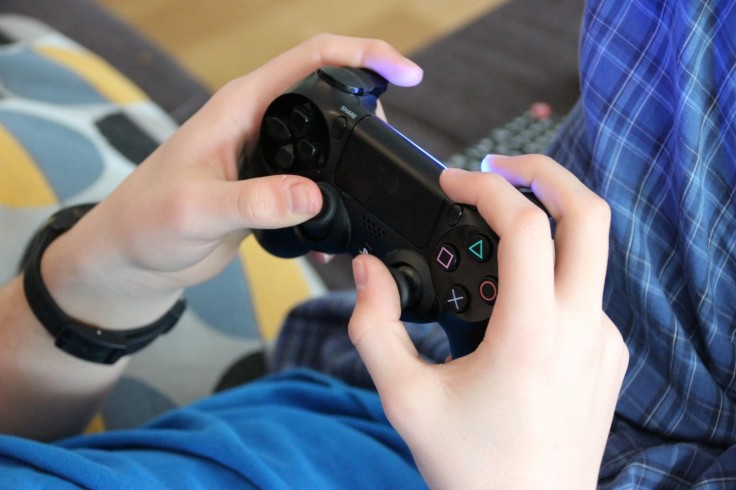
The case-control study entitled Association of Video Gaming With Cognitive Performance Among Children determined that school-age children who spend more than hours a day playing video games may outperform their peers on particular tests of mental agility. Researchers added that those who spent hours daily on gaming attained higher scores on two standard cognitive tests which are: measuring short-term memory and another was gauging impulse control.
They also compared those who played video games to those who don't and found out that those young ones who regularly spent hours gaming had greater skills. However, researchers note that the findings themselves do not prove that gaming indeed sharpens one's mind specifically kids. As it could be that kids who excel in certain mental tasks are drawn to video games. Bader Chaarani, lead researcher and professor of psychiatry at the University of Vermont stressed that the researchers do not demonstrate causation in the study.
But added that the researchers observed that most studies are more focused on the negative effects such as aggression, violence, and depression. Thus, this study looked more at the possible benefits and at least compared it with passive screen time such as watching TV or scrolling through social media. And looked into the case that video gaming requires active mental engagement which also has benefits.
"Video gaming is at least not worse than other screen time"
The American Academy of Pediatrics (AAP) added that things are getting murkier with older kids partly due to mixed research that includes possible harms of benefits of various forms of screen time. Nevertheless, AAP stress that screentime should never meddle with both exercise and sleep, noting that older kids should sustain an hour of physical activity each day and adequate sleep, 8-12 hours depending on the age.
Truthfully, the question of how much screen time is too much for kids and what should they be watching has long been debated and studied. Hence, nowadays that young ones do not only limit themselves by watching old-fashioned TV but also have their own personal screens everywhere, the matter has only grown hotter. Moreover AAP suggests strict screen-time limits for kids ages below 6.
Chaarani and his colleagues report the finding in the October 24 issue of JAMA Network Open and added that their study suggests that "video gaming is at least not worse than other screen time" as it may even have several advantages, per Phys.Org.
Impulse control and working memory
The U.S. National Institutes of Health also conducts a study commonly called ABCD or Adolescent Brain Cognitive Development (Study) to get better management of how various exposures such as screen time may affect children's brain development. This study follows almost 12,000 U.S. school children ages 9-10 and uses functional MRI (Magnetic Resonance Imaging) scans to examine brain activity while performing various and certain tasks.
On the other hand, Chaarani's team used publicly available data from a such research project and focused on more than 2,000 kids and separated them into two groups: a.) video gamers who played and spent approximately 3 hours a day b.) kids who never gamed.
Researchers determined that gamers scored higher on activities or tasks measuring impulse control and working memory. The latter means the ability to temporarily retain certain information such as asking for some directions and remembering it until the destination has been finally reached.
Related Article : Study: Too Much Screen Time is Harmful to Children's Overall Health